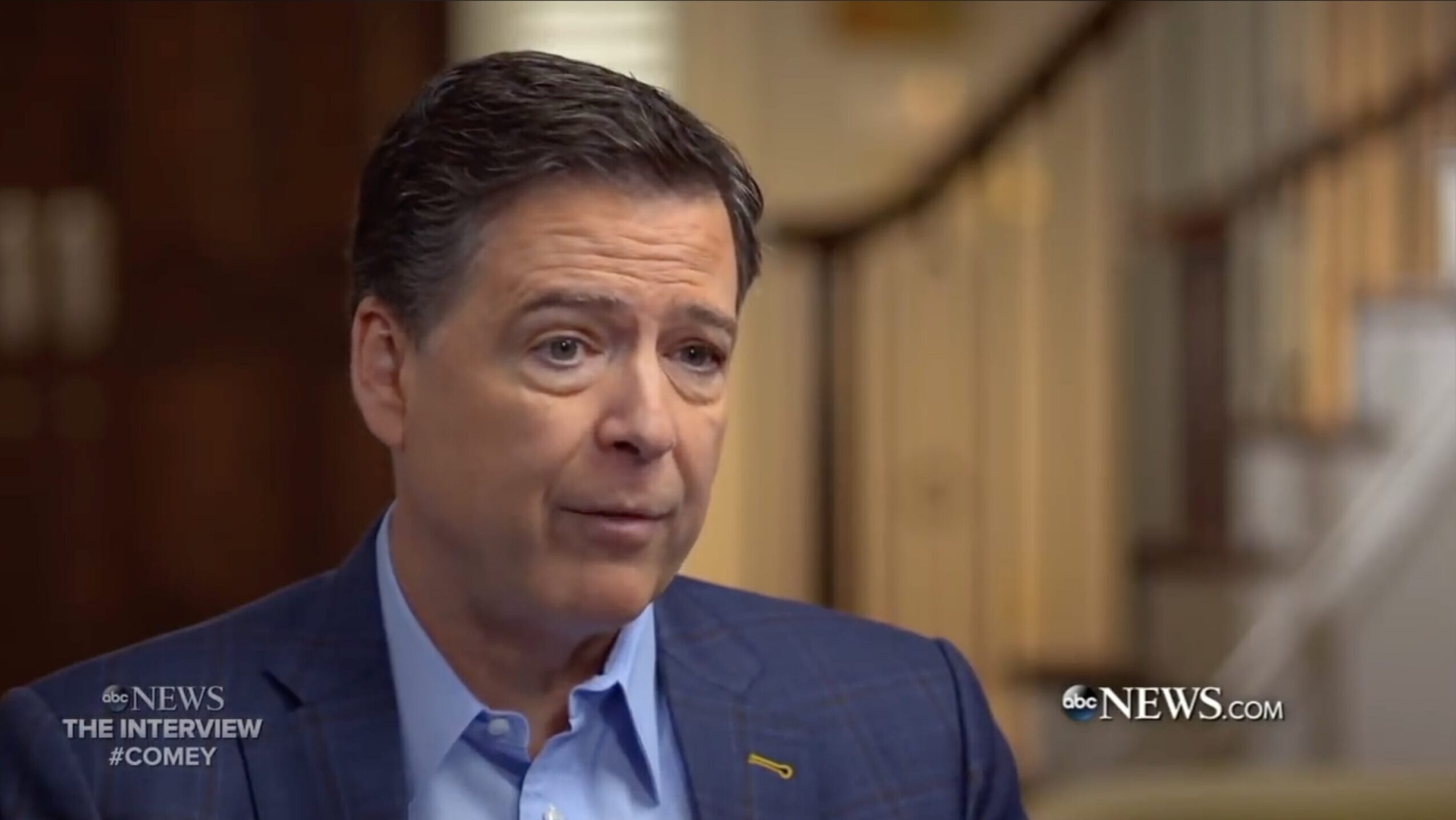Former FBI Director James Comey has been indicted by a grand jury on two counts: making false statements to Congress and obstruction of a congressional proceeding. The indictment was announced by the U.S. Attorney’s Office for the Eastern District of Virginia on Thursday.
Explainer James Comey Indicted on Charges of Lying to Senate Committee
The charges stem from Comey's testimony during a Senate Judiciary Committee hearing in September 2020, where he allegedly provided misleading information regarding his authorization of an anonymous source related to an FBI investigation. According to the indictment, Comey falsely stated that he had not authorized anyone at the FBI to act as an anonymous source in news reports concerning the investigation.
The indictment specifies that on or about September 30, 2020, Comey knowingly made a materially false statement during his testimony. It claims he was aware that he had authorized another individual to serve as an anonymous source, contradicting his statements to the Senate.
Comey’s testimony was part of a broader inquiry into the FBI’s handling of investigations related to the 2016 presidential election, particularly concerning allegations of collusion with Russia. In 2017, during earlier testimony, Comey stated he did not authorize leaking information about the FBI's investigations into President Donald Trump or former Secretary of State Hillary Clinton.
Attorney General Pam Bondi commented on the indictment, stating, "No one is above the law. Today’s indictment reflects this Department of Justice’s commitment to holding those who abuse positions of power accountable for misleading the American people. We will follow the facts in this case."
FBI Director Kash Patel also weighed in, asserting that previous leadership had politicized law enforcement, which damaged public trust in the agency. Patel emphasized the importance of accountability, stating, "Everyone, especially those in positions of power, will be held to account — no matter their perch."
The indictment has drawn mixed reactions. Supporters of Comey argue that the charges are politically motivated, suggesting that they are part of a broader effort to undermine his credibility and the investigations he oversaw. Critics, however, maintain that the charges are justified, pointing to the need for accountability in government positions.
The case highlights ongoing tensions surrounding the investigations into Russian interference in the 2016 election and the subsequent actions taken by various officials. The indictment is a significant development in the ongoing scrutiny of Comey’s actions during his tenure at the FBI.
Comey has not publicly commented on the indictment as of yet. His legal team is expected to respond in the coming days as the case unfolds. The implications of this indictment could have lasting effects on public trust in federal law enforcement agencies, particularly in light of the contentious political climate surrounding the investigations into the 2016 election.
Why it matters
- Comey's indictment marks a significant escalation in accountability for former officials involved in high-profile investigations.
- The charges reflect ongoing scrutiny of the FBI's actions during the 2016 election, impacting public trust in federal agencies.
- The case could influence perceptions of political motivations behind law enforcement actions and investigations.
- Reactions to the indictment highlight deep divisions in public opinion regarding Comey's legacy and the integrity of the FBI.
What’s next
- Comey's legal team is expected to respond to the indictment in the coming days.
- The case may prompt further investigations into the FBI's handling of election-related inquiries.
- Public discussions on accountability in government positions are likely to intensify following this indictment.
